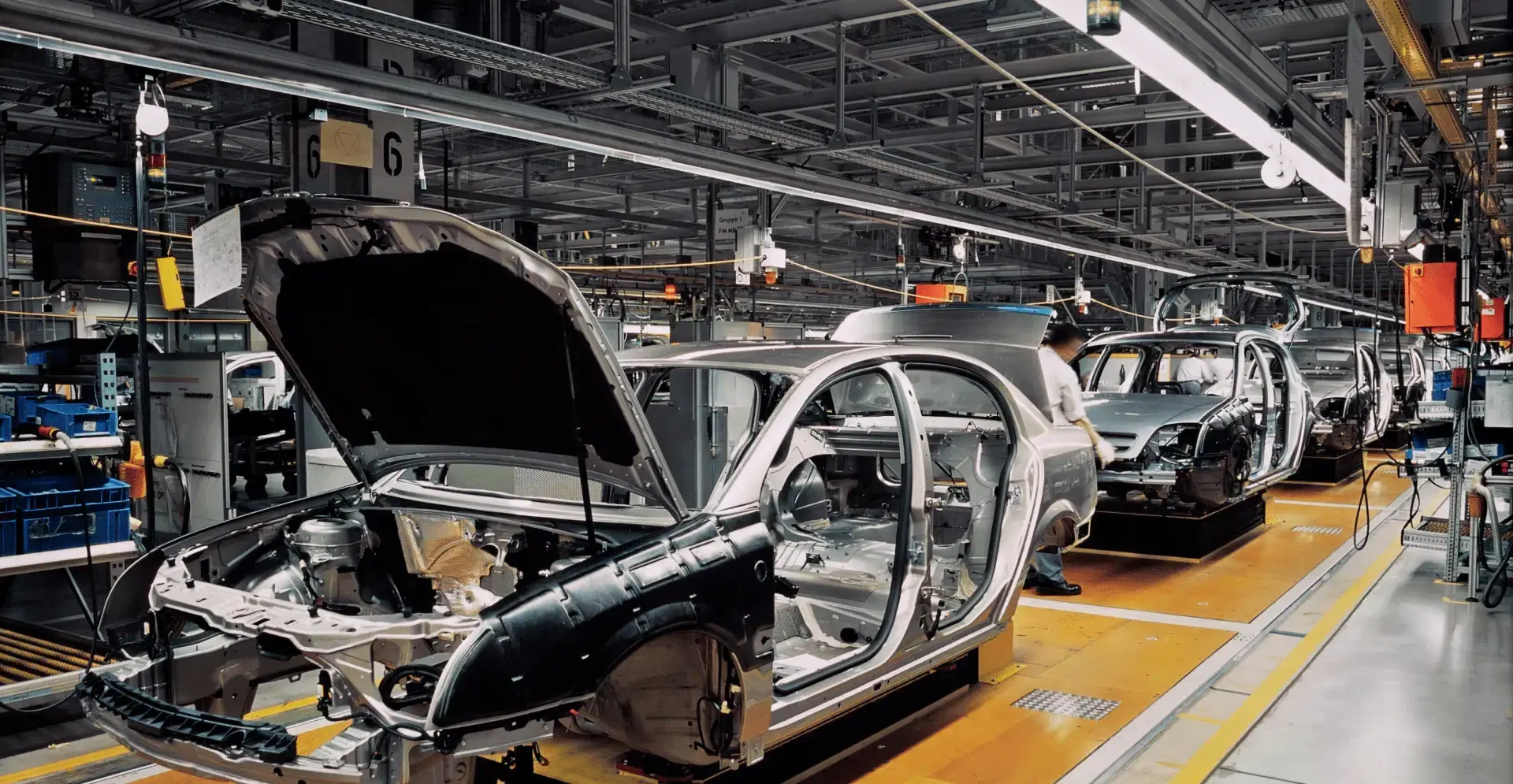
Here, we explore five reasons why maintenance is important in automotive manufacturing.
Enhances productivity by minimizing downtime
In automotive manufacturing, every second of production time is valuable. Downtime can lead to significant financial losses, especially when production schedules are tight. Regular maintenance ensures that critical equipment, such as assembly robots, precision welding machines, and conveyor systems, operates at peak efficiency.
By proactively addressing wear and tear, maintenance prevents unexpected breakdowns that could halt production lines. This minimizes downtime, allowing vehicles to be produced on schedule and helping manufacturers meet customer demands without delays.
Moreover, a well-maintained production line reduces the stress on workers and management by providing a reliable workflow, ultimately enhancing overall productivity and efficiency within the manufacturing facility.
Ensures consistent quality standards
Quality is a cornerstone of the automotive industry, where even minor defects in components or finished vehicles can lead to costly recalls, legal issues, and a tarnished brand reputation. Faulty or poorly maintained equipment can lead to inconsistencies in production, resulting in parts that do not meet the required specifications.
Maintenance plays a critical role in maintaining consistent production quality. Regular checks and calibrations of machinery, such as robotics, stamping presses, and inspection systems, ensure that each component is produced to exact specifications. This consistency is vital for upholding the high-quality standards expected in the automotive industry.
The use of tools like digital ammeters allows maintenance teams to monitor electrical currents within machinery, identifying any irregularities that could affect the quality of the production process.
By catching these issues early, maintenance helps ensure that each part produced is identical and meets the stringent requirements of automotive quality control.
Improves workplace safety
Automotive manufacturing involves the use of heavy machinery, high-speed equipment, and complex processes, all of which pose significant risks if not properly maintained. Safety is paramount in this industry, and regular maintenance is essential for identifying and rectifying potential hazards. For example, malfunctioning equipment, electrical issues, or hydraulic failures can lead to serious accidents, endangering the lives of workers. By ensuring that all machinery operates safely and according to manufacturer specifications, maintenance reduces the risk of accidents, thereby protecting employees.
A well-maintained work environment not only reduces the likelihood of injuries but also fosters a culture of safety within the factory. Workers who feel safe are more likely to be productive and engaged, further contributing to the overall success of the manufacturing operation.
Extends the lifespan of equipment
The equipment used in automotive manufacturing, from CNC machines to conveyor systems and robotic arms, represents a significant financial investment. Replacing this equipment prematurely due to neglect can be costly and disruptive.
Regular maintenance is crucial for extending the lifespan of these assets. By addressing wear and tear issues early, companies can keep their machinery in optimal condition, reducing the frequency of breakdowns and the need for costly repairs or replacements. This not only maximizes the return on investment in expensive machinery but also ensures that production can continue without the disruption caused by frequent equipment failures.
In the long run, maintenance helps manufacturers avoid the financial strain associated with purchasing new equipment, allowing them to allocate resources more effectively across other areas of the business.
Reduces operational costs
Proactive maintenance is a cost-effective strategy in automotive manufacturing. Well-maintained equipment operates more efficiently, which can lead to lower energy consumption and reduced utility costs. Additionally, by preventing major breakdowns, maintenance avoids the high costs associated with emergency repairs and minimizes production stoppages, which can be financially devastating in a high-volume industry like automotive manufacturing.
Over time, the savings from reduced energy consumption, fewer emergency repairs, and less downtime can add up, making maintenance a key component of a cost-effective manufacturing strategy. By investing in regular maintenance, automotive manufacturers can significantly lower their operational costs, improve their bottom line, and gain a competitive edge in the market.